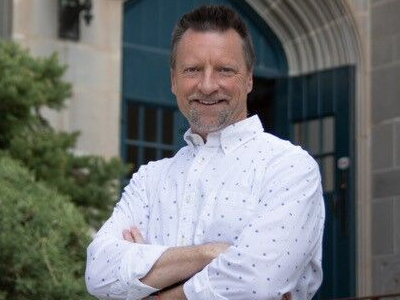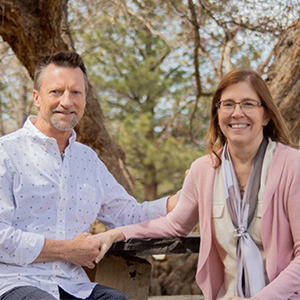David recently appeared on “The Mind of a Therapist” podcast. You can access this 25 minute interview here.
In this podcast. David begins talking about his work with youths that have addictions. He has worked in residential treatment at Exselsior Youth Center, in community health at All Health Network, at Serenity at Stout Street (which is a long term addictions treatment facility) and in our private practice. Those with addictions usually experienced abuse and chaos in their childhoods which cause them to choose drugs, alcohol, truancy or violence as a coping skill. Many of these people have parents and grandparents that struggled with similar issues. Parents that have their own childhood trauma have difficulty regulating their emotions, making dealing with their teens difficult. David has found that working with the entire family is the best way to help troubled teens.
What is Internal Family Systems?
David and Lisa have both been trained to use a counseling intervention called Internal Family Systems, which David describes. IFS is based on the idea that every person has many different parts of themselves. Have you ever said, “A part of me wants to do this, and another part doesn’t”? If so, you are beginning to understand this model of therapy. In IFS, we understand that every person has three types of parts that make up who they are. The first type of part is called exiles. These are usually young parts that were hurt in childhood. The second type is protectors. These parts work to protect those young exiled parts. They keep them hidden so that they do not get hurt further. A protective part might be a perfectionist, trying to be perfect so that the exiled parts will not be re-injured, or a part that seeks out drugs or alcohol. The final part is the core self. The self is who we really are. It is the conductor of the symphony of all the other parts. The self has compassion for the other parts, and is defined by clarity, calmness, curiosity and courage. The idea of IFS therapy is to calm down the protective parts who are taking over the person’s life and help the client to lead from their core self.
David talks about how it is often easier for young people to grasp onto the ideas of IFS because the coping skills of adults (like using drugs and alcohol) become a rigid part of their personality after using them for many years. How can adults that have ignored their internal pain for years get back in touch with it so that they can be healed? David recommends using yoga, exercise and mindfulness to begin to become aware of their body and emotions. David also describes using radical acceptance with clients. Radical acceptance says, “It feels like my chest is going to explode right now, but I am going to be okay.” This technique is especially helpful during quarantine from COVID-19.
A Message of Hope
When people learn to live from their core self, they realize they can feel their feelings, but don’t need to live out of their coping mechanisms. They get to decide that no matter how they feel, they can choose how they behave.This realization is empowering and very liberating. Once we calm down our protectors, we begin to realize that we can sit with our pain, and it does not need to overwhelm us. It will be okay.
Change is possible. We have all experienced pain; our lives are a mess. We are not living in a perfect world; we didn’t have perfect parents. Yet, we can heal our old wounds and move forward without relying on our coping skills, and we can move toward joy and happiness.
If you would like to explore how to live a healthier, happier life, contact us today.



